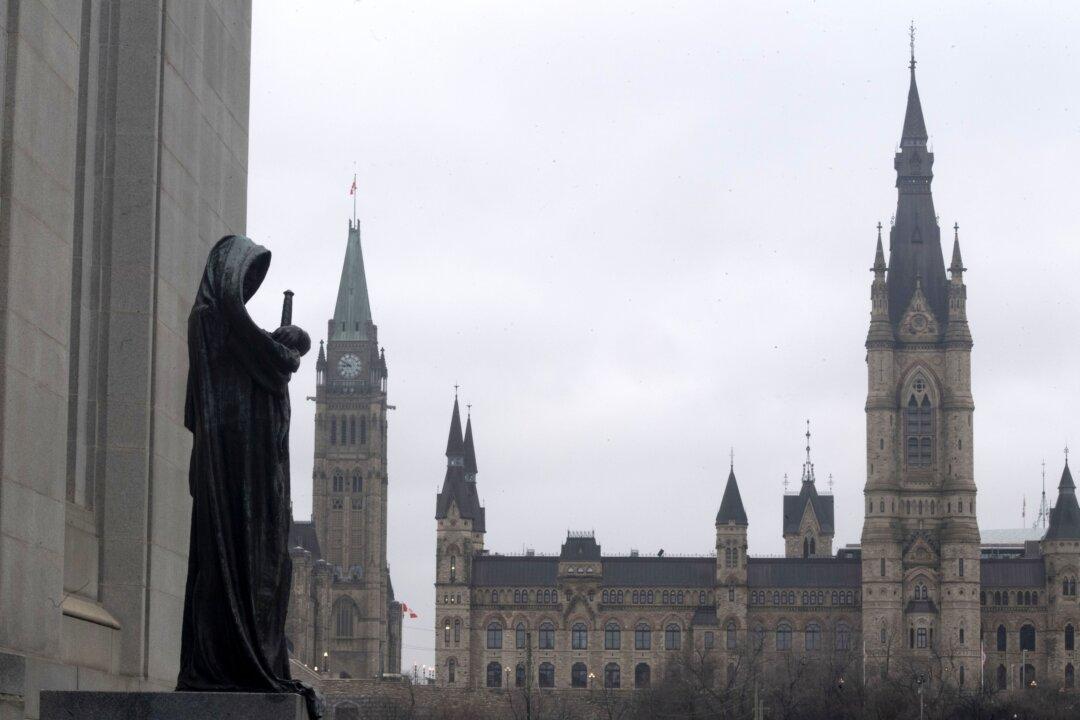The Supreme Court of Canada’s recent carbon tax ruling harks back to 1973 when then-prime minister Pierre Trudeau reinforced the use of the SCC to strengthen Ottawa’s grip, says Ted Morton, professor emeritus of political science at the University of Calgary.
In the 2020 book he co-edited, “Moment of Truth: How to Think About Alberta’s Future,” Morton argues that Trudeau appointed Bora Laskin as chief justice in 1973 because he was “a well-known advocate of broader federal powers.”





